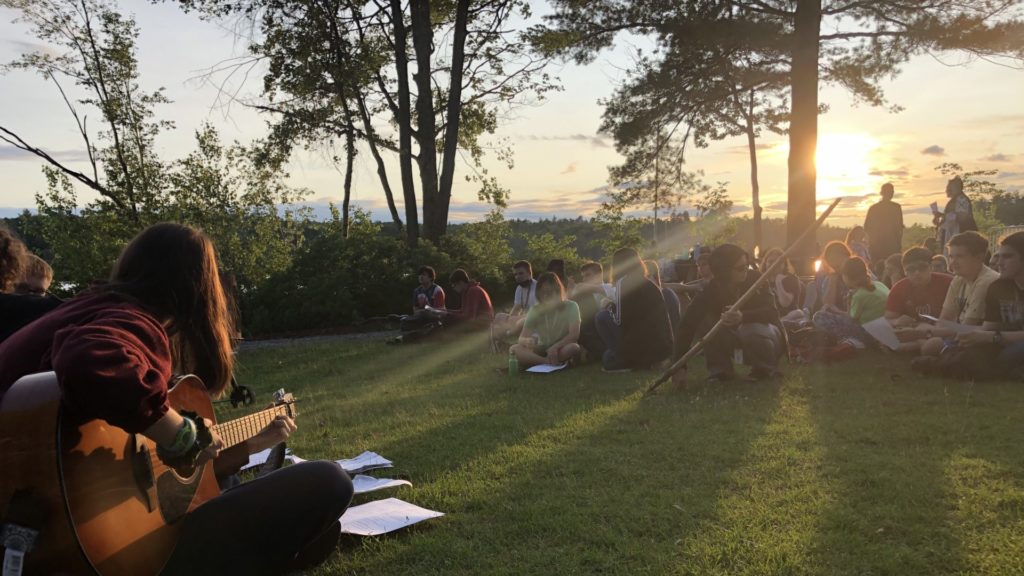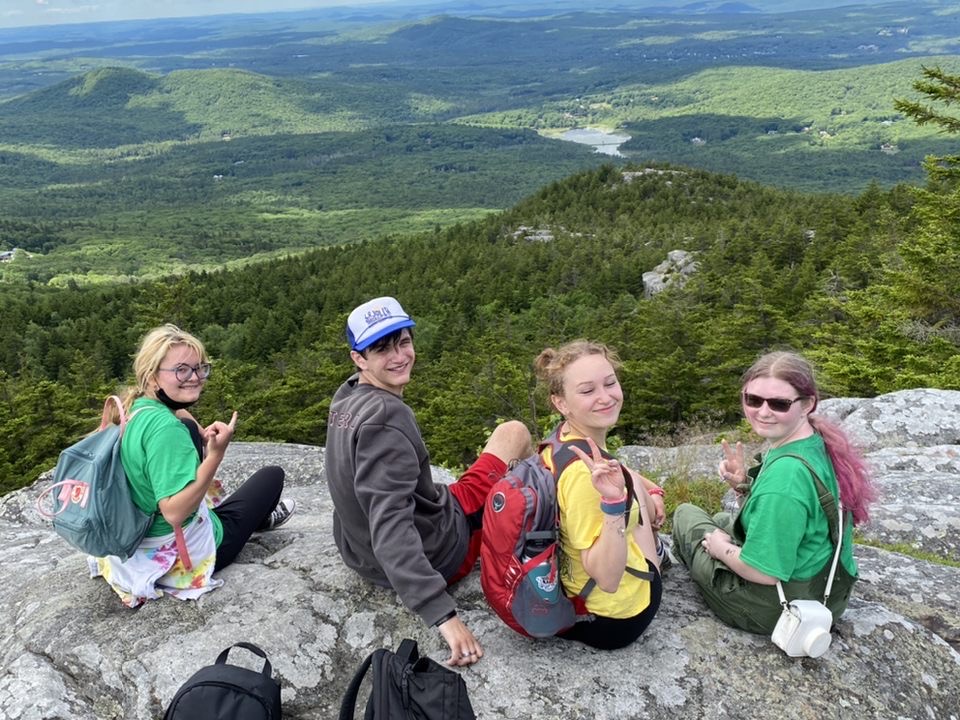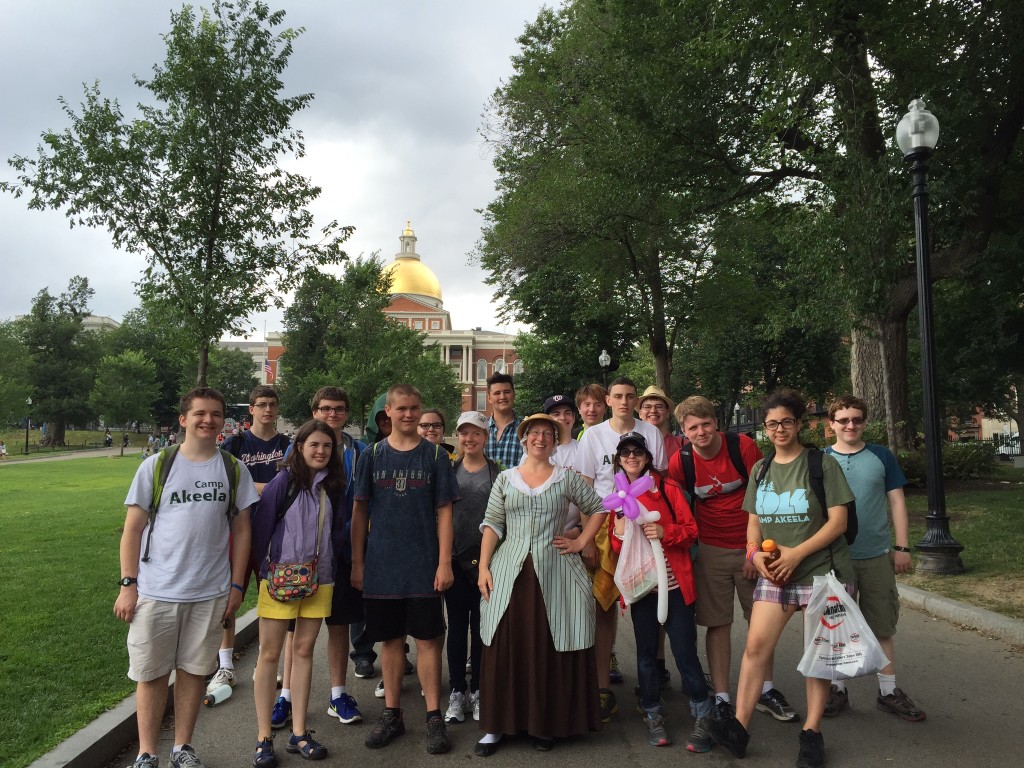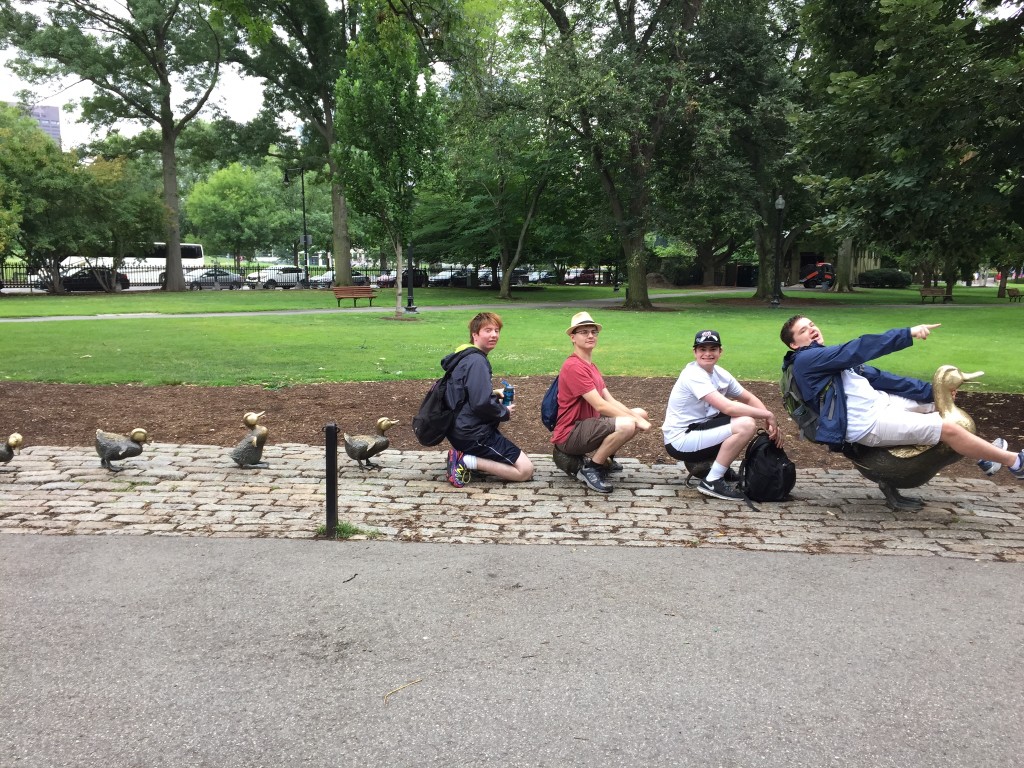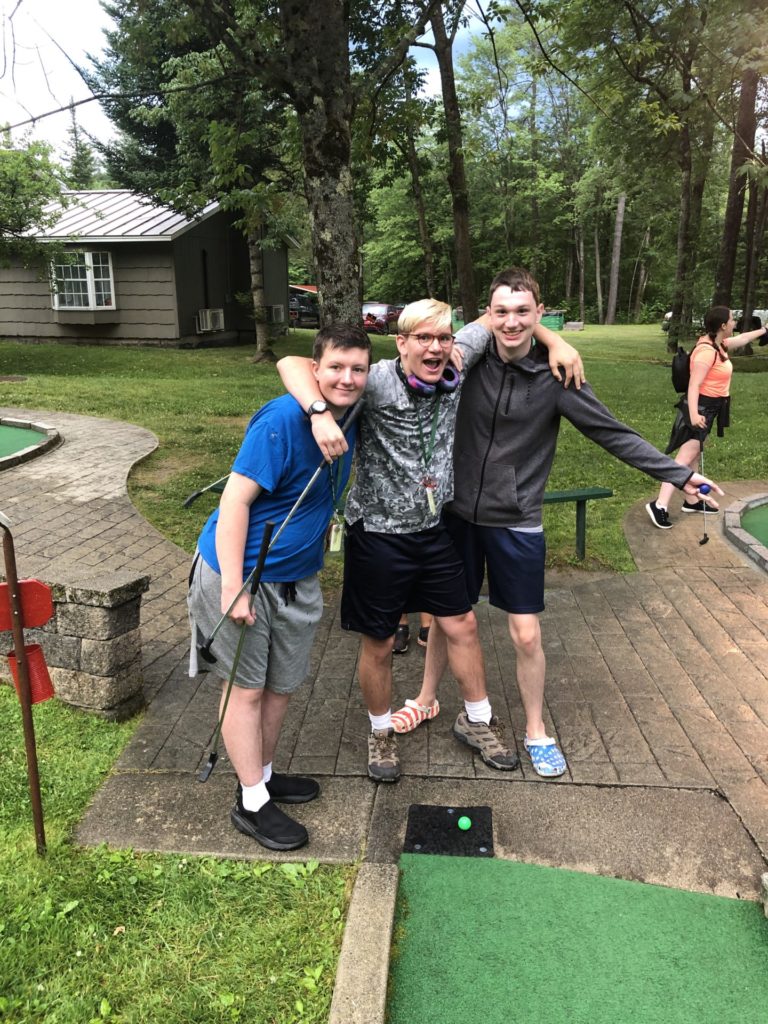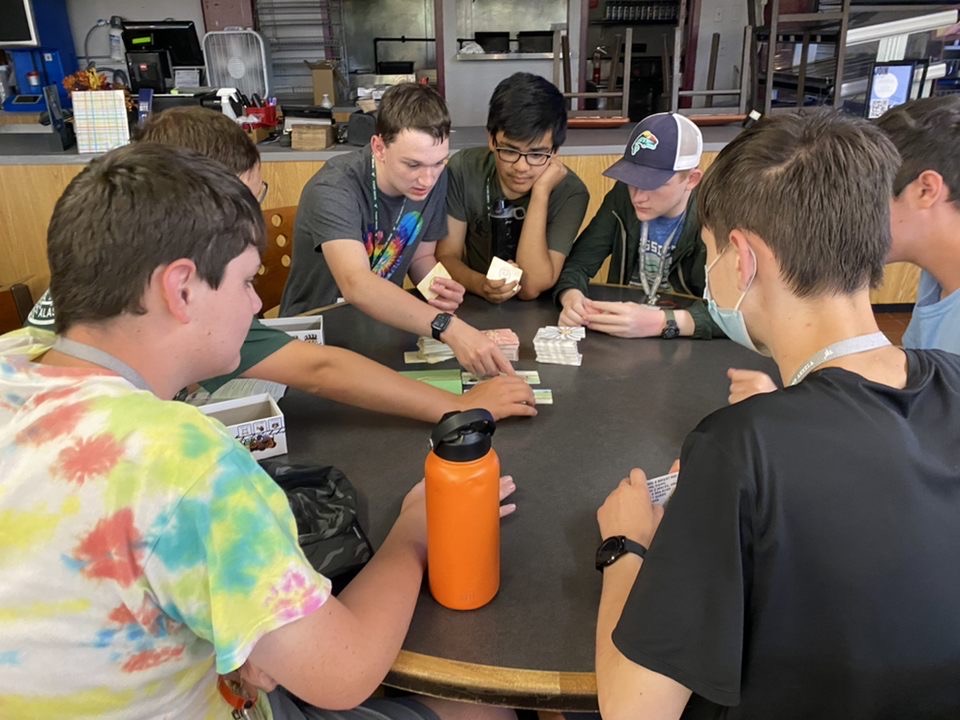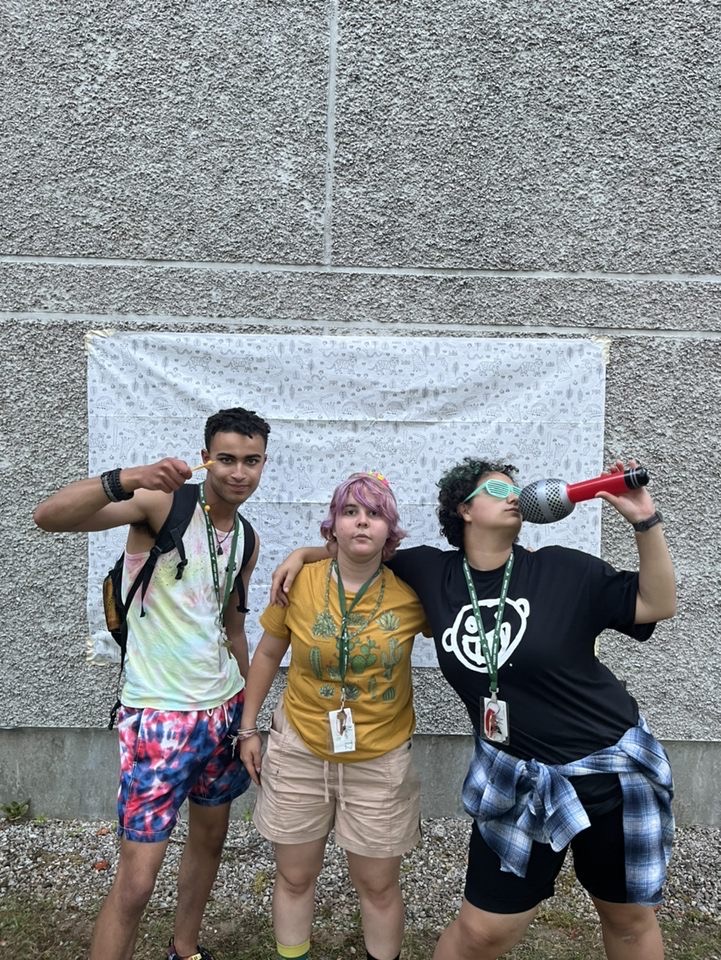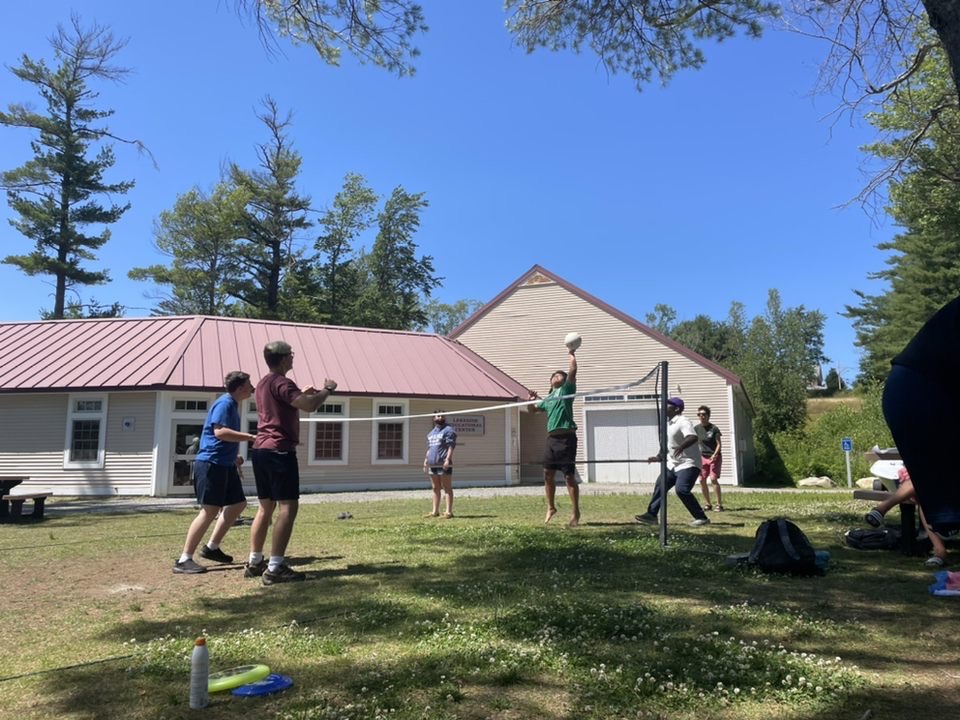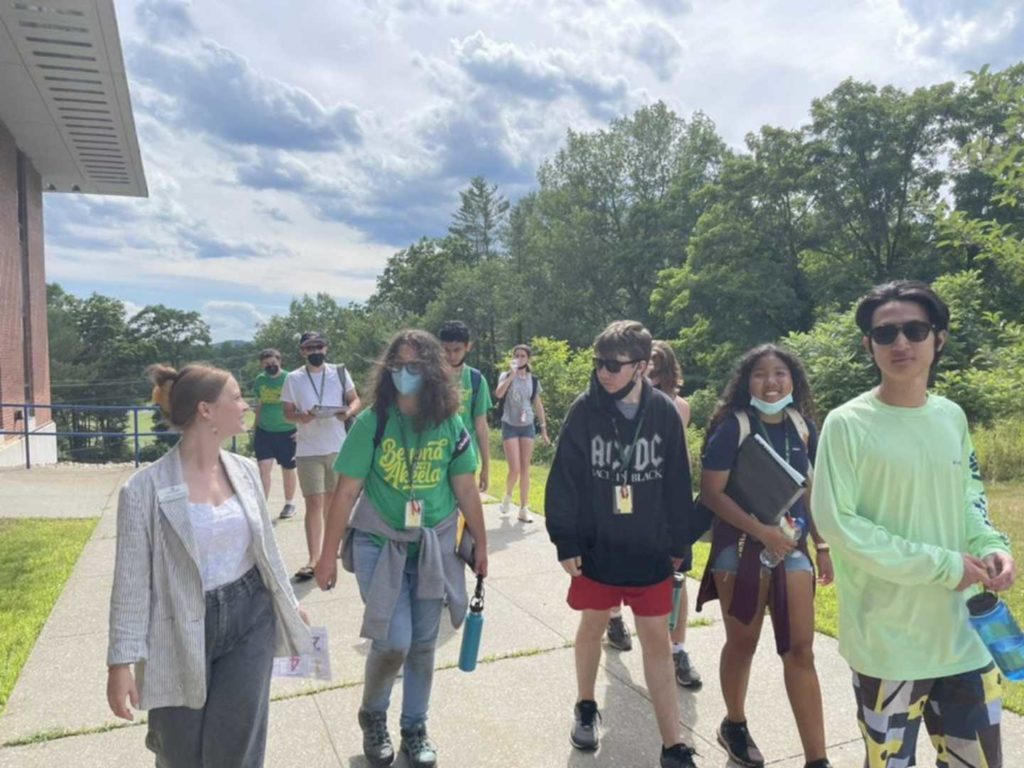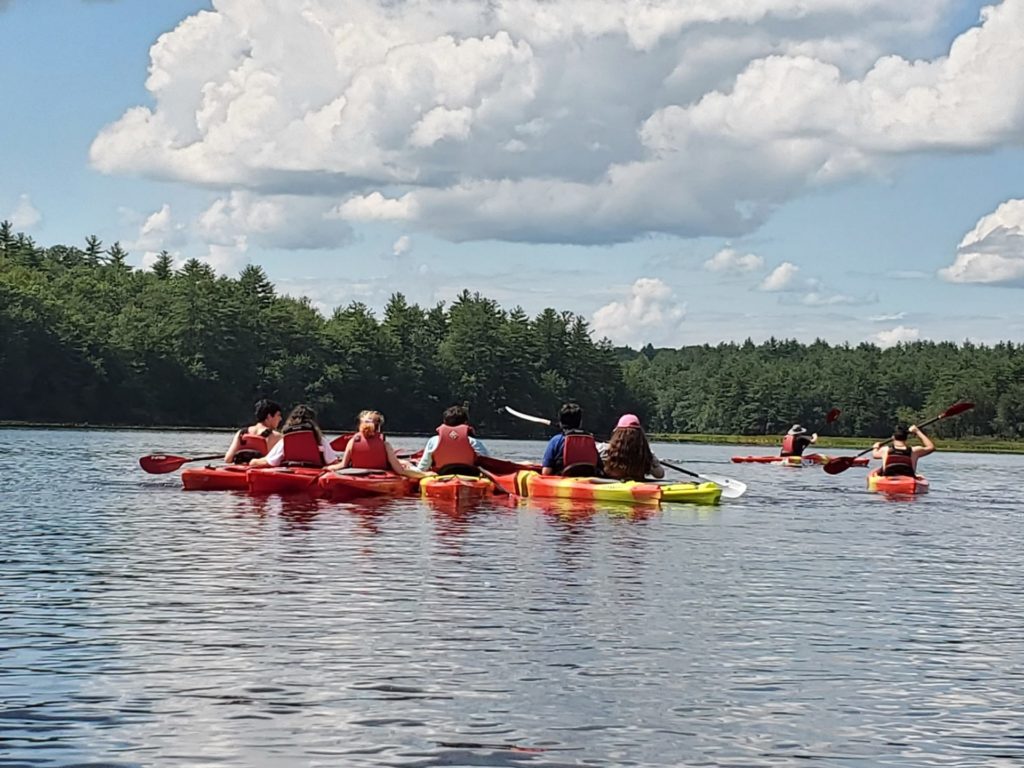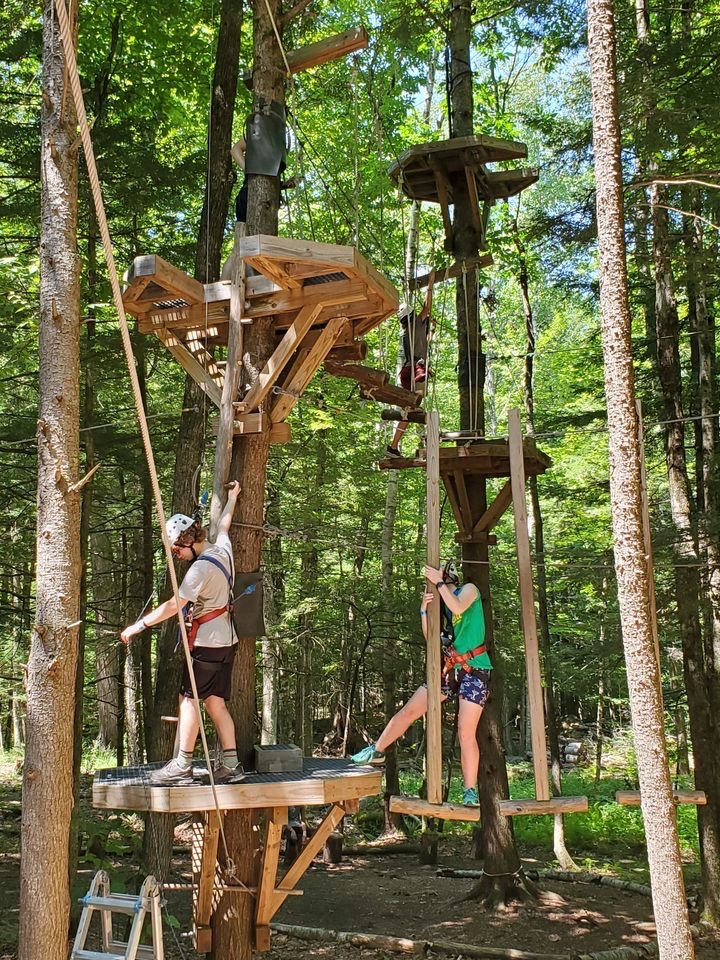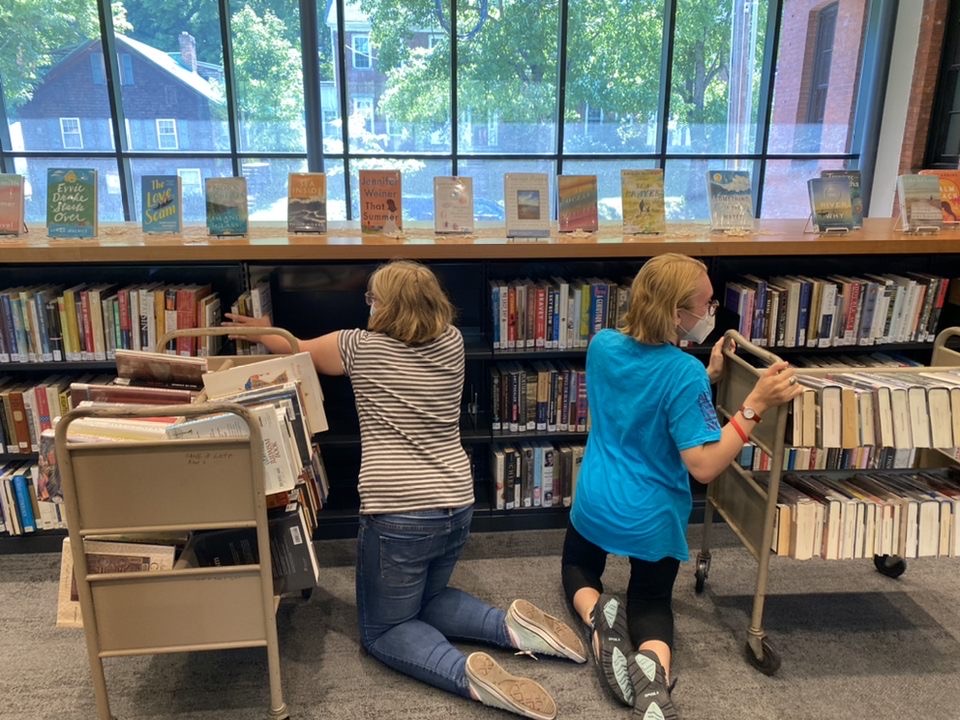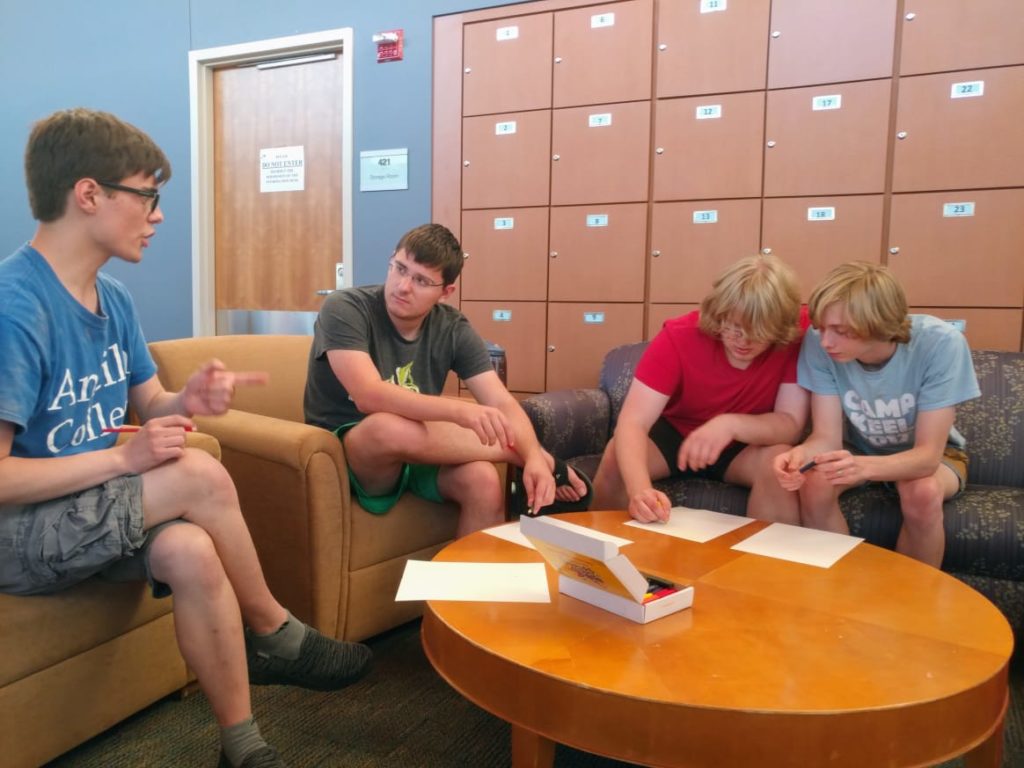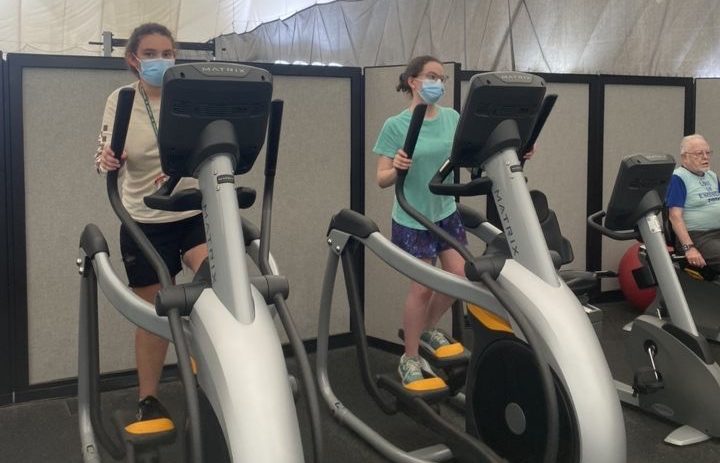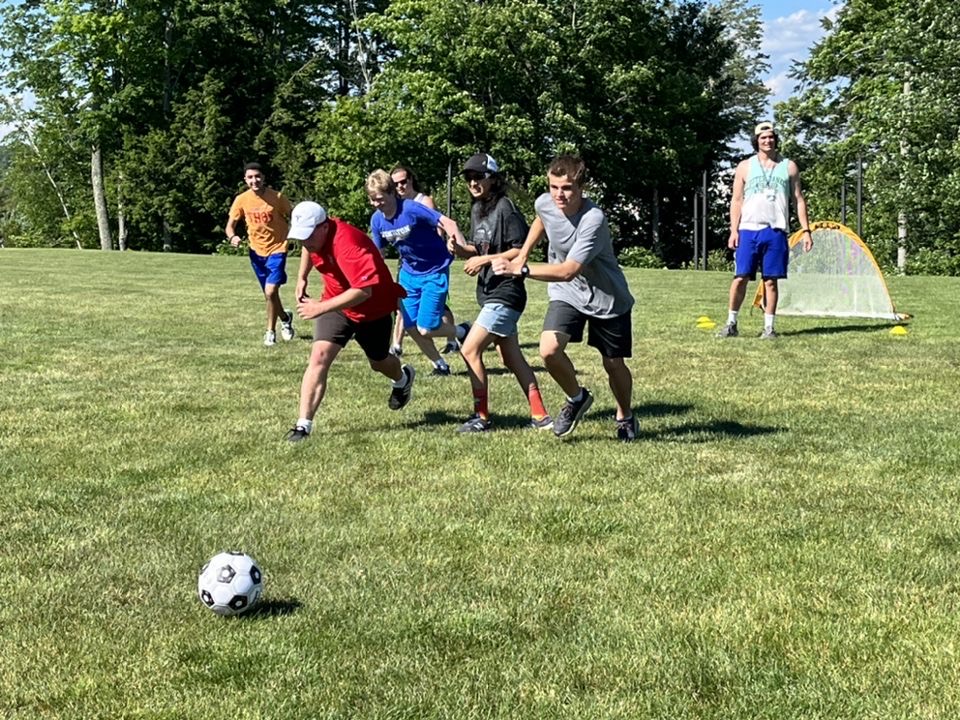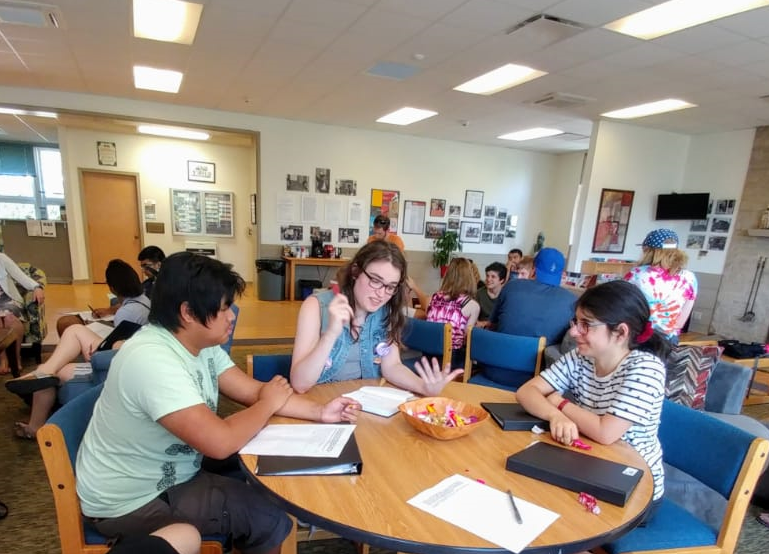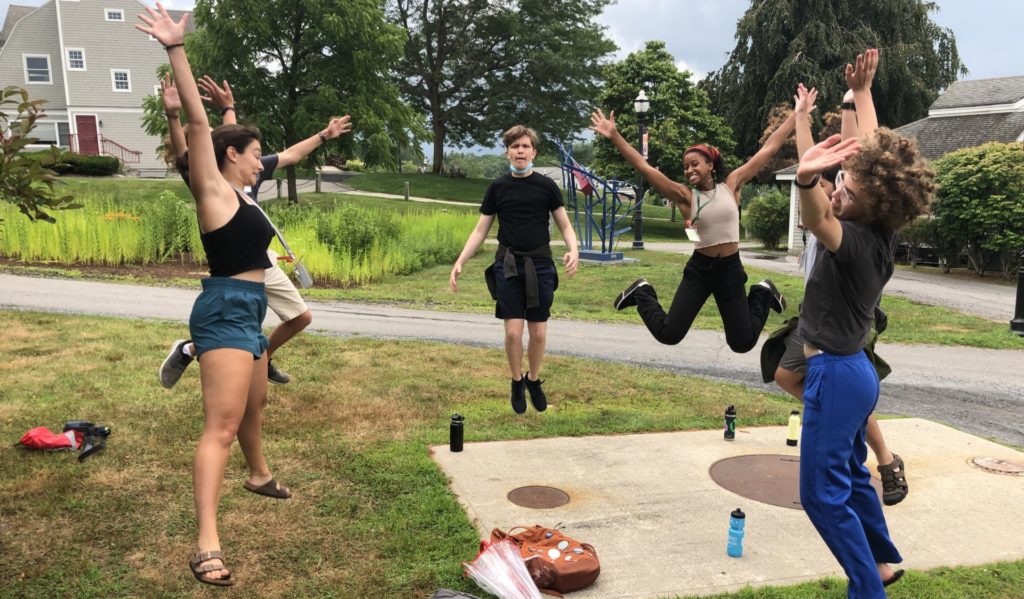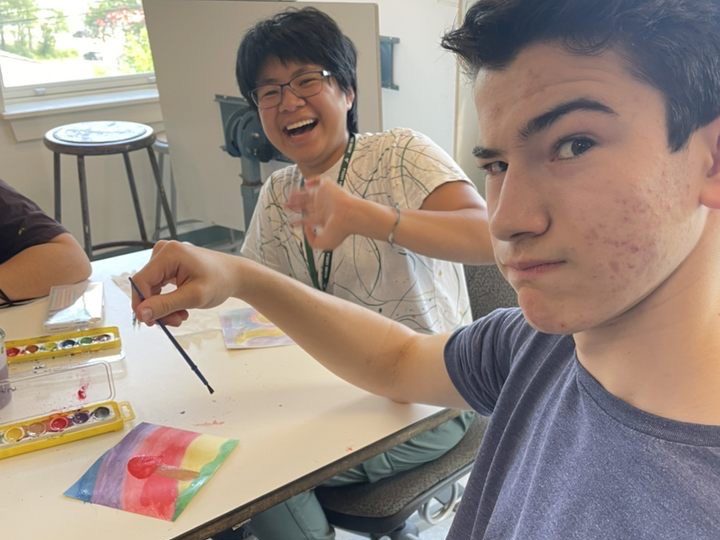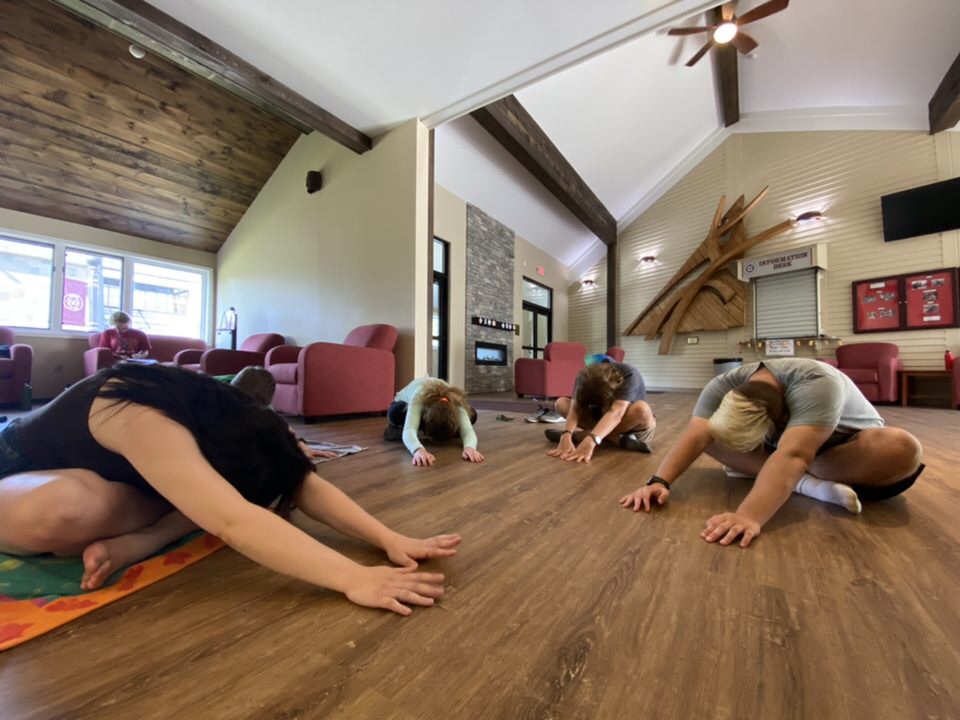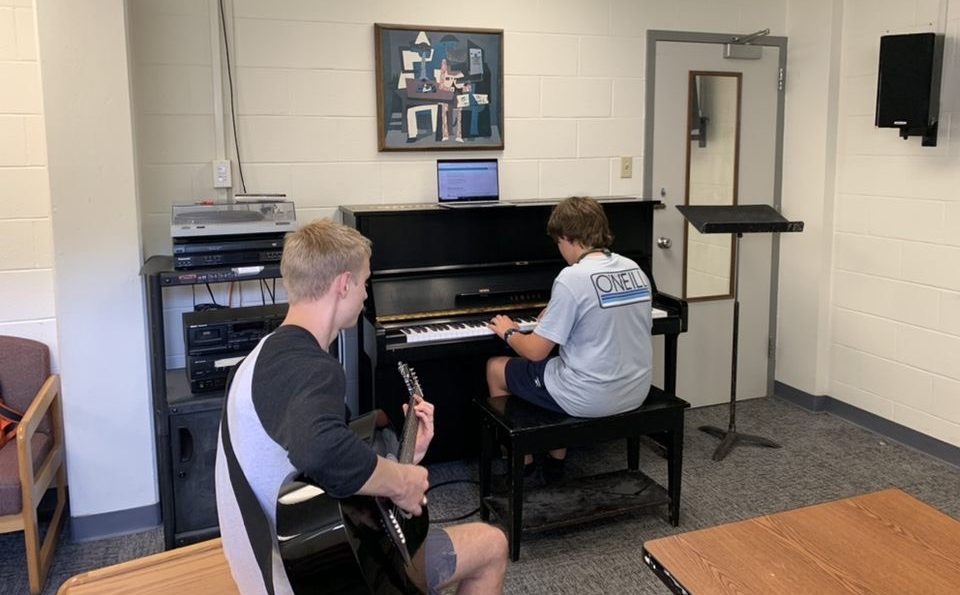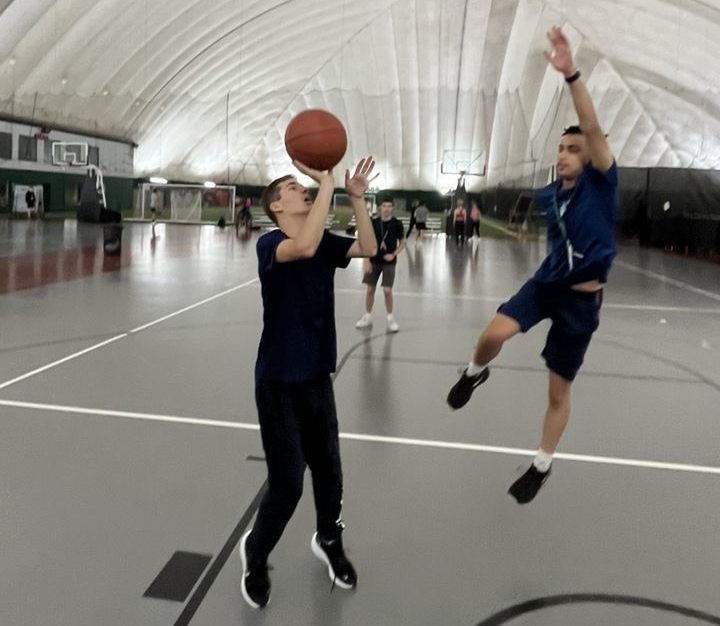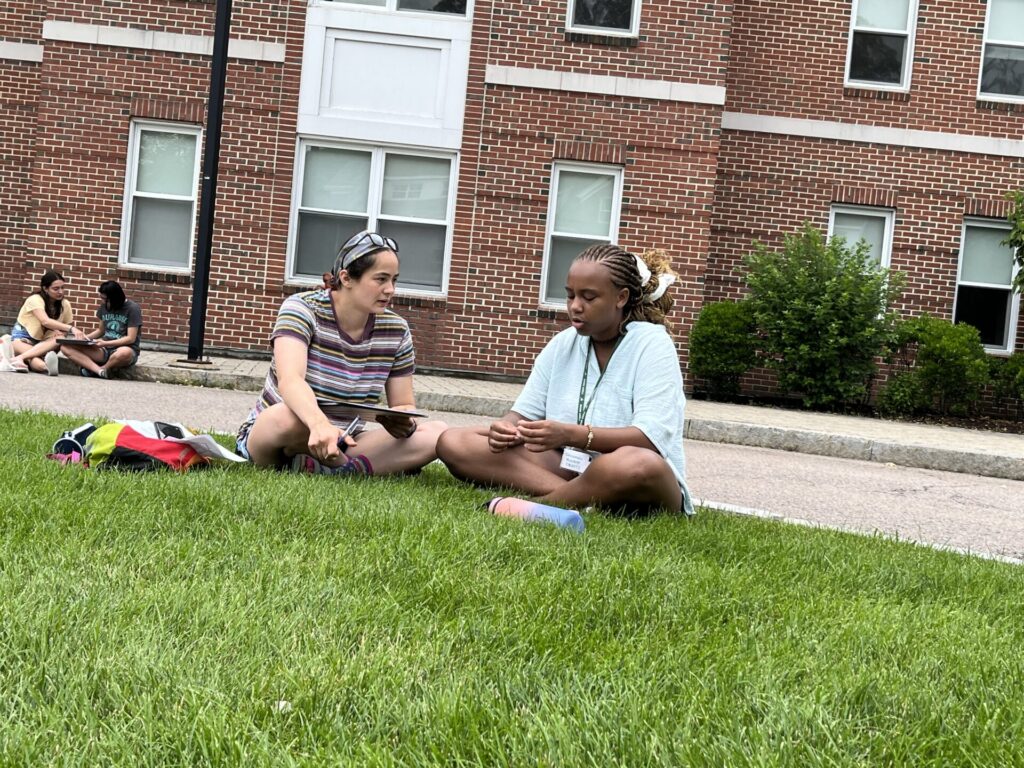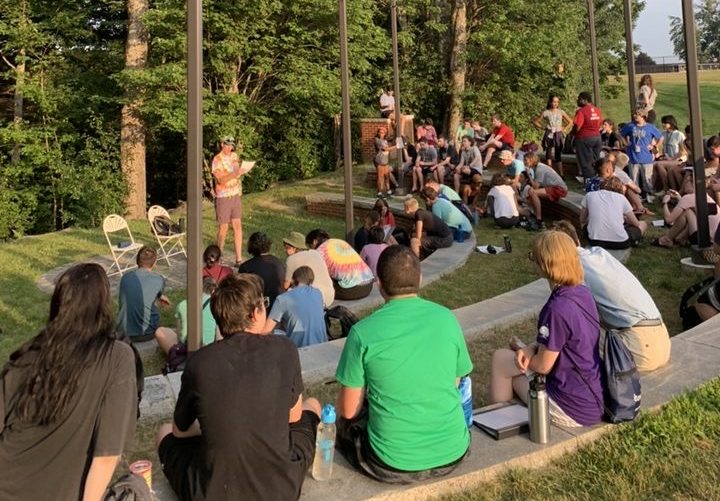One of our families recently shared an article from Think College that lists overnight camps as a powerful strategy to prepare neurodivergent youth for post-secondary life. Summer transition programs can help adolescents build confidence, increase self-awareness, and foster community.
While attending camp has several benefits, we wondered what specific elements of a summer program that help neurodivergent teenagers succeed in post-secondary life. We set out to discover the answer and came across research by Emily Hotez et al. in 2018. They developed and implemented a week-long summer transition program for adolescents with autism. The researchers evaluated the program using interviews with the participants. Results demonstrated that a summer transition program for autistic teens could help teens self-advocate and engage with diverse peers in college contexts.
The program participants also had several suggestions for improving summer transition programs. Their recommendations align with our programming at Beyond Akeela. Here are the four elements that the teenagers highlighted.
Longer Programming
The participants felt more time was needed to practice the new skills they were learning. A 2.5-week program like Beyond Akeela gives teenagers the space and time to practice post-secondary skills in a supportive and engaging environment.
More Field Trips
The teenagers wished they had more opportunities to explore exciting locations independently. At Beyond Akeela, teens have numerous opportunities to go on college tours, adventure day trips, museums, and nearby towns. The teens independently explore these locations in small peer groups, exercising the skills they’re building at camp in new environments.
Interactive Learning
Teens did not want to feel like they were in a classroom all summer. They expressed wanting opportunities to learn through different modalities. All our programming at Beyond Akeela is interactive and hands-on; teens learn through activities, community service, group discussions, and practicing skills in a truly organic setting.
Programming That Aligns With Their Interests
Beyond Akeela offers unique activities, such as Dungeons & Dragons and Wilderness Survival. We strive to tailor our programming to our teens’ interests through choice-based programming to help them have a memorable and transformative summer.


